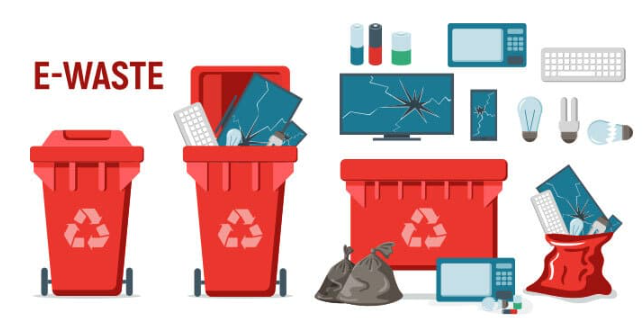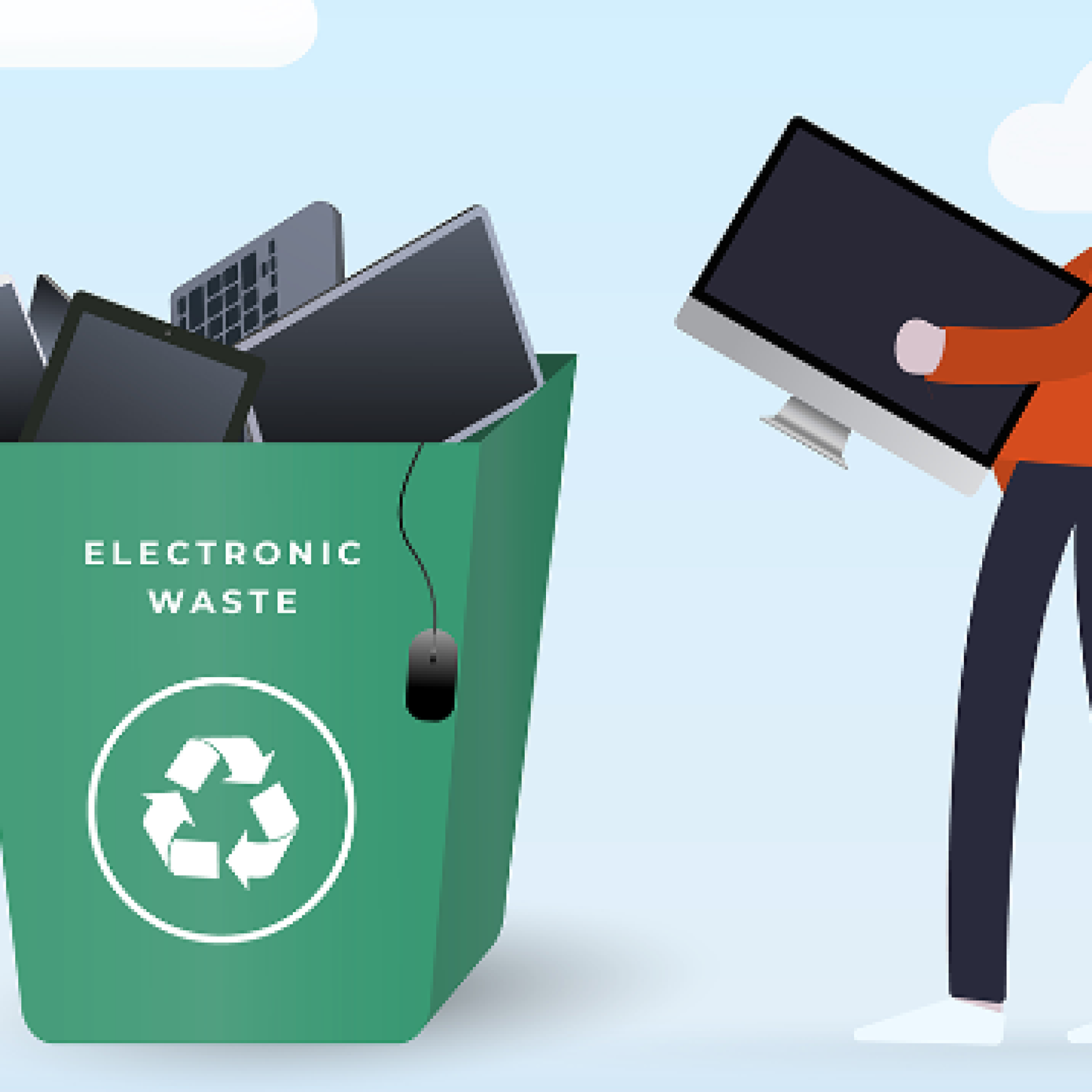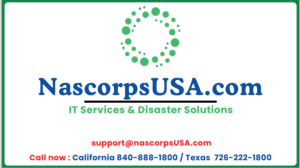
Stop Dumpling Your E-waste
Go Green Save the Earth
E-Waste Awareness

Goal
Goal: To enhance awareness and educate amongst stakeholders/Agencies/SME/Recycler/Household/ Homemaker and students involved in e-waste management/awareness for nation wide. thereby encouraging environmentally soundrecycling through collective effort of all of us global family for saving enviroment for future

Objective
The awareness sessions will have the following objectives:
• Raise awareness among different groups/students/commuties/angencys/SMEand stakeholders,recycler and disposable on various aspect of e-waste
awareness.
• Strengthen the existing e-waste management system.
• Address key issues and challenges in e-waste management.
• To promote various opportunities for stakeholders,recycler and disposal in the e-waste.
•
Sustainable E-waste Management

Sustainable E-waste Management
NascorpsUSA actively involved in E-waste-related initiatives such as publishing E-waste foresight reports, providing in-country advisory services, and participating in International Networks. This includes projects addressing specific E-waste challenges.
Sustainable E-waste Management Practices:
1. Design for recyclability and reusability.
2. Closed-loop production and consumption.
3. Extended Producer Responsibility (EPR).
4. Waste hierarchy: prevention, reduction, reuse, recycling, disposal.
5. Green procurement and purchasing.
6. E-waste tracking and monitoring.
7. Community engagement and education..
Innovative Solutions:
1. Advanced recycling technologies.
2. Biodegradable electronics.
3. Product-as-a-Service (PaaS) models.
4. Sharing economy and collaborative consumption.
5. Circular economy business models.
Benefits of E-waste management:
1. Conservation of natural resources.
2. Reduction of greenhouse gas emissions.
3. Mitigation of environmental and health impacts.
4. Creation of jobs and economic opportunities.
5. Improved brand reputation and compliance.
Challenges of E-Waste Management:
1. Lack of infrastructure and regulations.
2. Limited public awareness and education.
3. Insufficient data and monitoring.
4. Technological obsolescence.
5. Global e-waste trade and illegal dumping.
